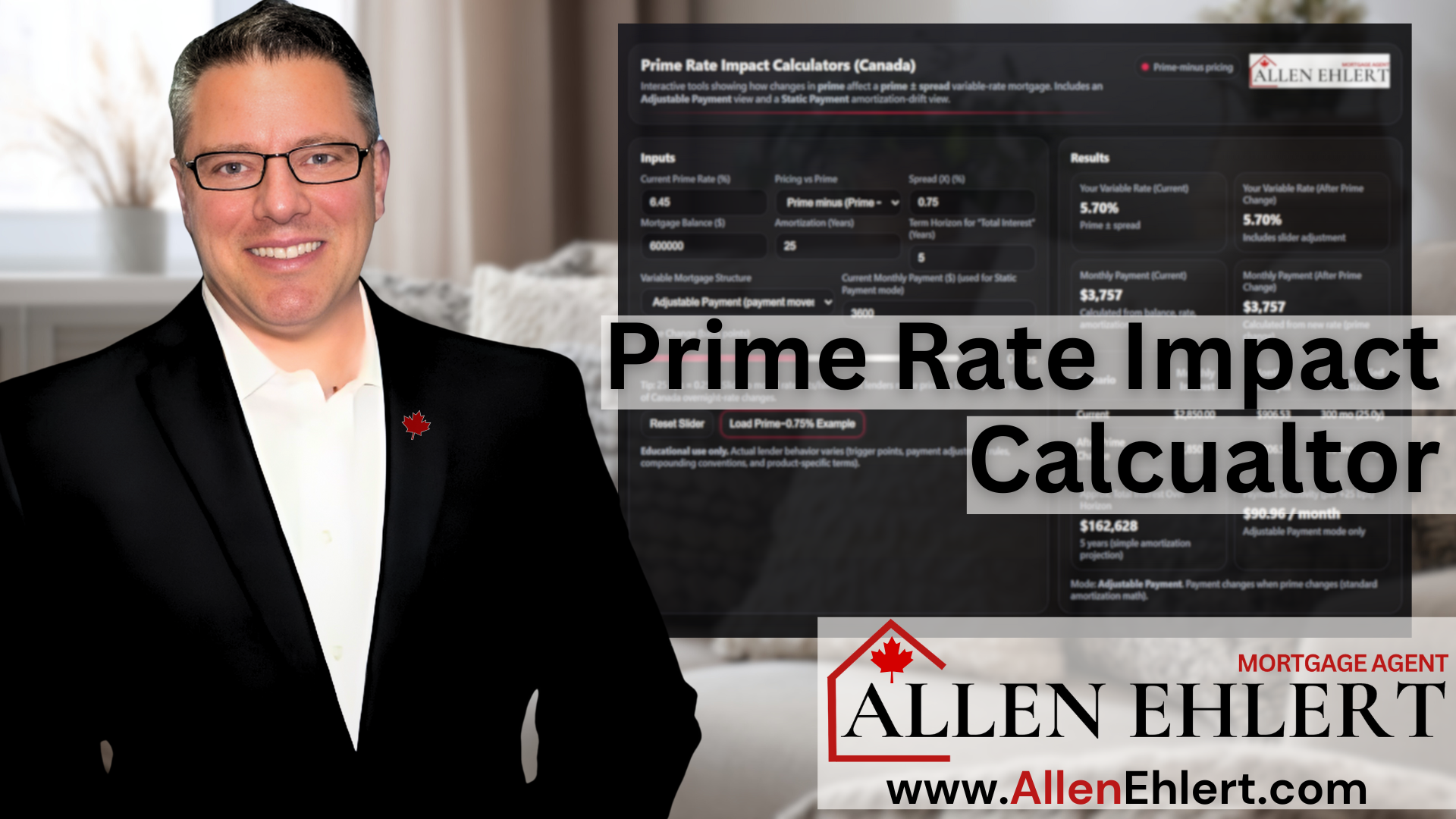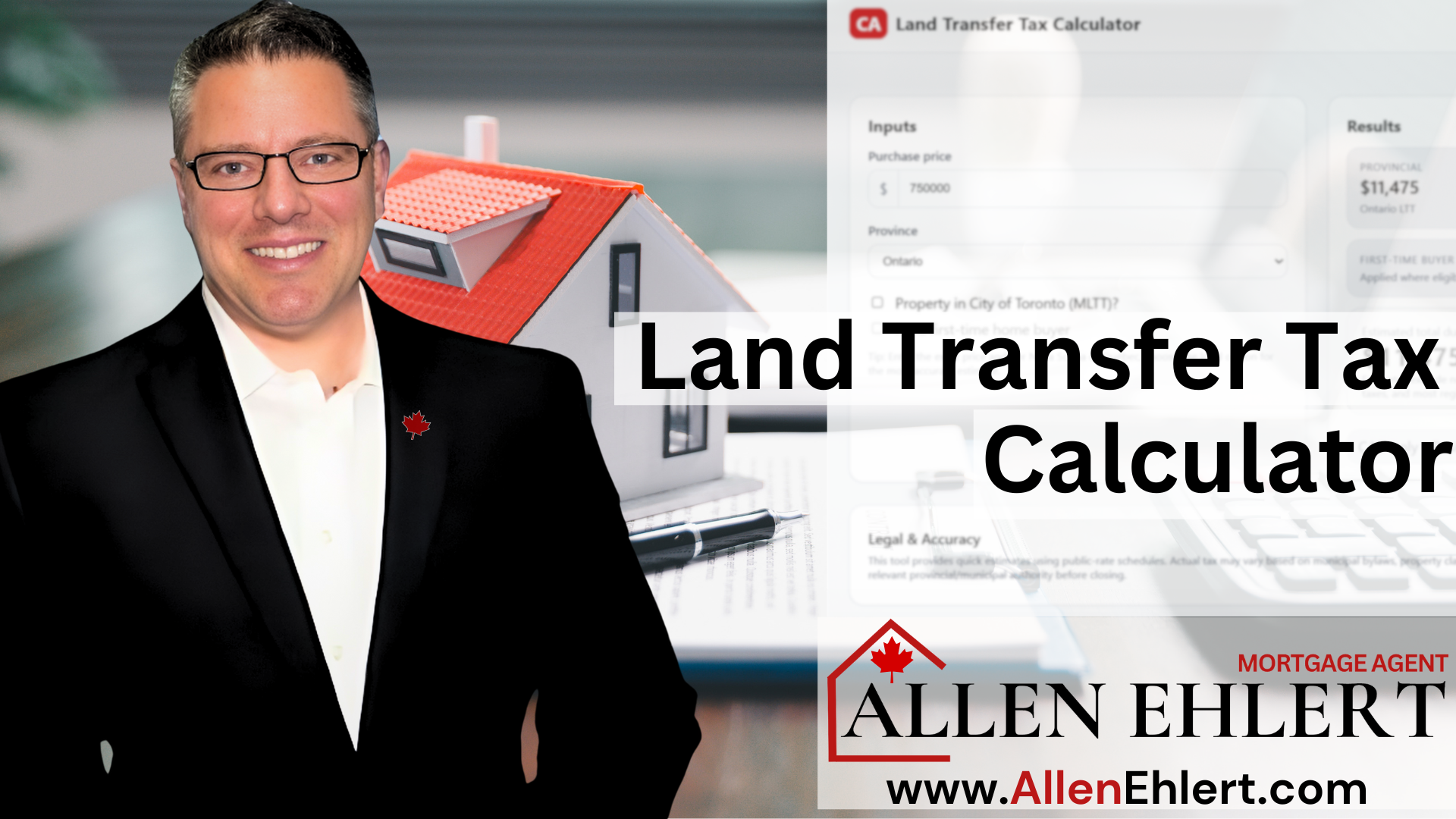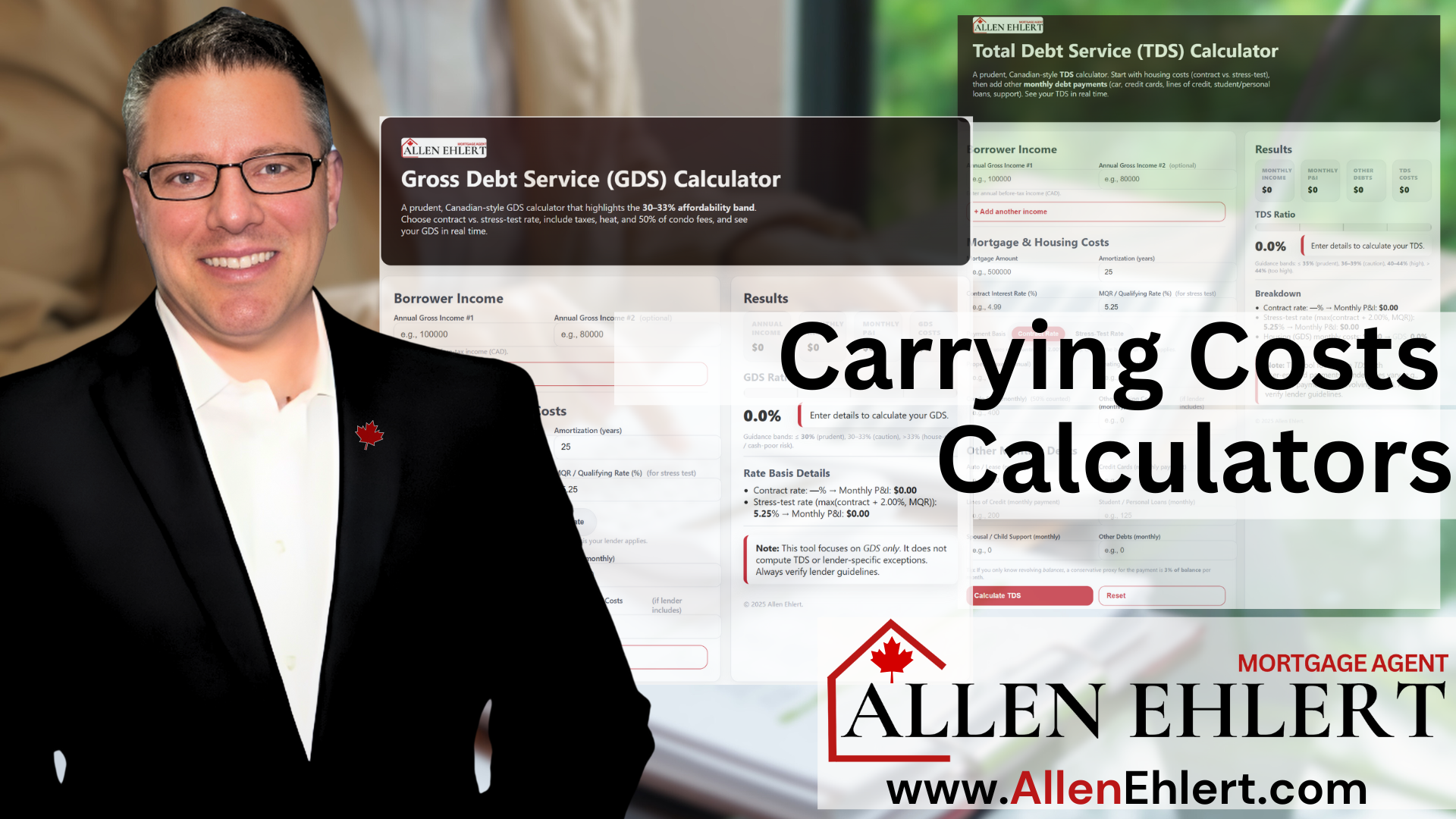When people think about mortgages, they usually picture themselves unlocking the front door to their new home — fresh paint, new appliances, maybe even that unmistakable new house smell. But not every mortgage is about a white picket fence. Some are about warehouses, rental apartments, and office buildings. That’s when things take a sharp turn from residential into commercial mortgage territory — and if you don’t know the difference, you might find yourself in over your head faster than you can say “amortization.”
So let’s have a real conversation about when you actually need a commercial mortgage, how to recognize it, and why it matters. I’ll keep it simple, straightforward, and maybe even a little fun (because let’s face it, mortgage talk can get dry if you let it).
Here’s What I’m Covering:
What Makes a Mortgage ‘Commercial’?
Types of Properties That Require Commercial Financing
Signs You’re Crossing Into Commercial Territory
Why It’s Not Just About the Property — It’s About the Purpose
How You Can Put This Knowledge to Work
What Makes a Mortgage ‘Commercial’?
Here’s the thing about commercial mortgages — it’s not always black and white, but it usually boils down to this: If the primary purpose of the property is to generate business income or operate as a business, you’re in commercial land now.
Residential mortgages cover homes — whether it’s your primary residence, a rental, or even a small multiplex with four units or less. The minute you go beyond that — five residential units or more, storefronts, warehouses, offices — you’re knocking on the door of commercial lending.
It’s not just the building, either. It’s the use of the building. A condo you rent out? Still residential. A building you lease out to a law firm, dentist office, and yoga studio? That’s commercial.
Types of Properties That Require Commercial Financing
To make it clearer, here’s the kind of stuff that usually needs a commercial mortgage:
- Multi-family buildings with 5+ units
- Retail plazas (strip malls, standalone stores, etc.)
- Office buildings
- Industrial properties (warehouses, manufacturing, storage)
- Hotels and motels
- Land being held for development
- Special-use properties (churches, schools, golf courses, etc.)
So if you’re thinking about buying that six-unit apartment building in Oshawa, or you’re eyeing that warehouse space in Pickering to expand your business, this is the financing lane you’ll be driving in.
Signs You’re Crossing Into Commercial Territory
Sometimes, folks come to me thinking they’re looking for a regular mortgage, only for us to discover they’ve wandered into commercial without even realizing it. Here are some of the telltale signs:
- The property’s income matters more than your personal income. Lenders want to see rent rolls, profit-and-loss statements, and projections, not just your T4s.
- The lender asks for a business plan or feasibility study. This is standard in commercial deals but almost unheard of in residential lending.
- You’re putting down a significantly larger down payment. Commercial mortgages often require 25% or more down — no 5% down insured mortgages here.
- Your interest rate quote looks noticeably higher. Why? More risk, shorter terms, and less government backing.
Why It’s Not Just About the Property — It’s About the Purpose
You might have a property that could technically go either way. A mixed-use building with apartments upstairs and a bakery downstairs, for example. Whether you need residential or commercial financing often depends on how much of the building is commercial versus residential, both in square footage and in income generated.
Another curveball? Even if the building looks residential, if you’re running your business out of it as the primary use, lenders might push you into a commercial product. A perfect example: you buy a home with a significant portion converted into a medical office. The use of that property shifts the conversation with lenders.
How You Can Put This Knowledge to Work
So, how does this help you? Well, whether you’re growing your investment portfolio, moving your business out of your garage, or thinking about snapping up some commercial property, understanding these lines in the sand will help you:
- Plan your financing strategy. Know early whether you’re looking at a residential or commercial approval process.
- Prepare your paperwork. Get your business documents, rent rolls, and projections ready ahead of time.
- Set realistic expectations. Commercial deals move slower, cost more upfront, and come with more scrutiny. Better to know now than be blindsided later.
Example:
Let’s say you’re a chiropractor looking to buy a small building to house your practice. Even if you’re the only tenant, lenders will treat this as a commercial mortgage because it’s a business property, not a home. Or maybe you’re expanding your real estate investments from duplexes to mid-sized apartment buildings. Once you cross that five-unit line, the financing rules change — and knowing that ahead of time lets you budget and plan properly.
Allen’s Final Thoughts
Here’s the bottom line: Not every mortgage is created equal, and not every property fits neatly into the residential box. If the property is about business — whether through rental income, commercial use, or industrial purpose — chances are you’re looking at commercial financing.
Knowing when you’ve crossed that threshold helps you make smarter moves, avoid delays, and structure your deals properly from the start. It also saves you from wasted time trying to wedge a square peg into a round hole with the wrong lender.
And this is exactly why working with a mortgage agent — someone like me who lives and breathes this stuff — is so valuable.
How I Can Help
My job isn’t just about finding you a lender. It’s about helping you map out your strategy, prepare for the process, and avoid costly mistakes. I’ll walk you through:
- Whether you need a residential or commercial mortgage for your specific project.
- How to structure your deal to make lenders say “yes.”
- What paperwork you’ll need — and how to make it shine.
- How to compare offers, not just on rate, but on terms, flexibility, and long-term strategy.
- How to think ahead, so today’s purchase sets you up for tomorrow’s success.
Whether you’re buying your first rental property, securing space for your growing business, or looking to invest in commercial real estate, I’m here to guide you through every step. Let’s chat about where you’re headed — and how I can help you get there with confidence and clarity.












